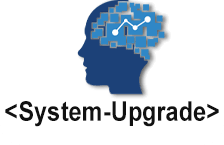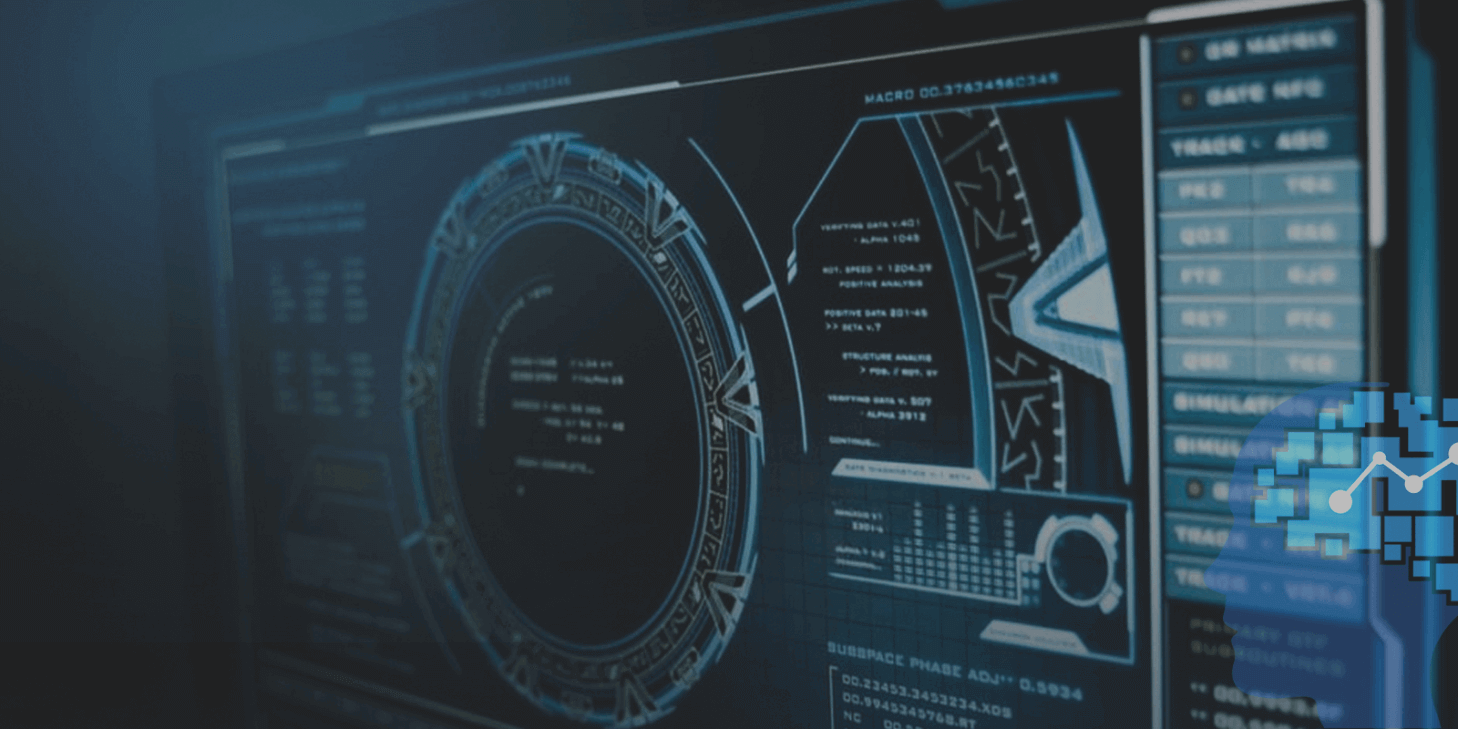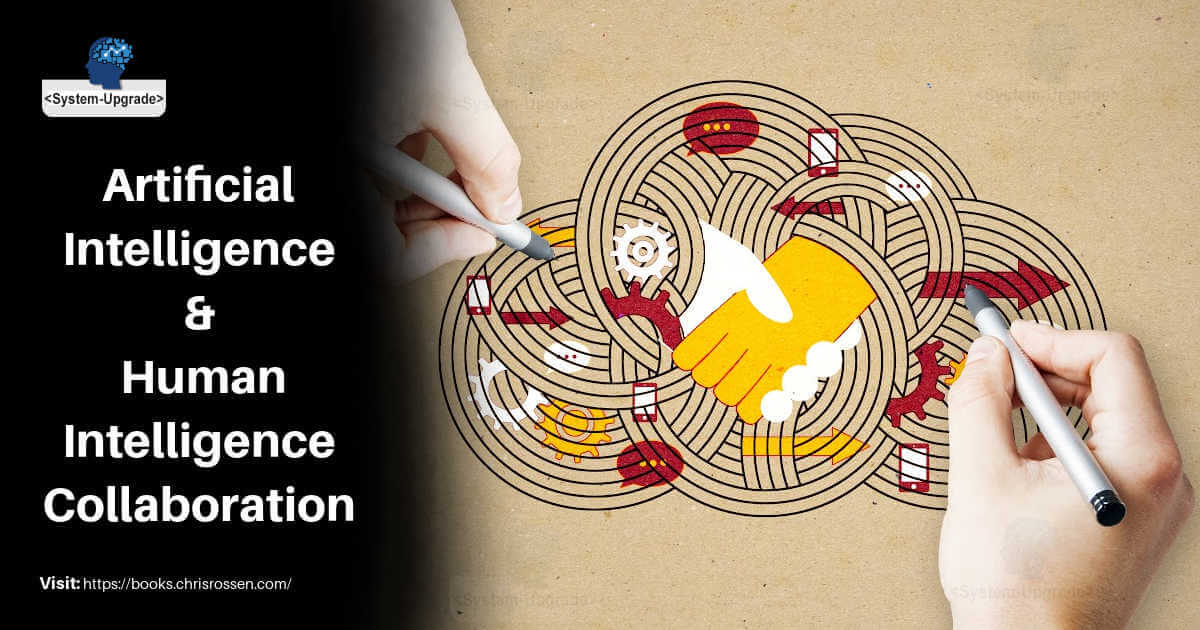
How Artificial Intelligence and Human Intelligence Will Collaborate: There is no doubt that Artificial intelligence is prevailing all around us. In fact, It’s becoming exceptionally useful in many human jobs, and it induces fear among people about whether it is going to replace their jobs. Well, that’s difficult to answer, but one thing is for sure, Artificial Intelligence is here to STAY.
There are widespread concerns in the Job market that perhaps robots and automation may rule out the chance of humans performing the same task that is assigned to Artificial Intelligence because they are way more efficient and yield better productivity. Despite all the technological progress, the future will not lead to a world without humans at jobs because Researchers foresee a collaborative world of artificial intelligence and human intelligence.
Is Artificial Intelligence Enhancing Human Intelligence?
We believe that AI will radically change the world we now live in. Yes, but in a way that creates infinite possibilities for humans to enhance their innate skills and bring the best out of their powers. It would not be wrong if we say that AI will not replace the human workforce but will become a reliable friend that will augment and enhance human capabilities.
The latest research on the future of artificial intelligence and its interaction with humans was released by the world economic forum, and they demonstrated the foreseeable future as follows;
“85 million jobs may be displaced by a shift in the division of labor between humans and machines by 2025; while 97 million new roles may emerge that are more suited to the new division of labor between humans, machines, and algorithms.”
Artificial intelligence is the more brilliant way to perform a similar task requiring much effort. So, the apprehension that it might replace humans from the Job market is nothing but a delusion. However, It may change your responsibility from performer to the controller of the job. This means you would rather be commanding or supervising it to let workflow as it should. Artificial Intelligence will not just replace jobs for the human workforce but, on the other hand, create a massive number of new job opportunities for them.
Classification of Artificial Intelligence Technology
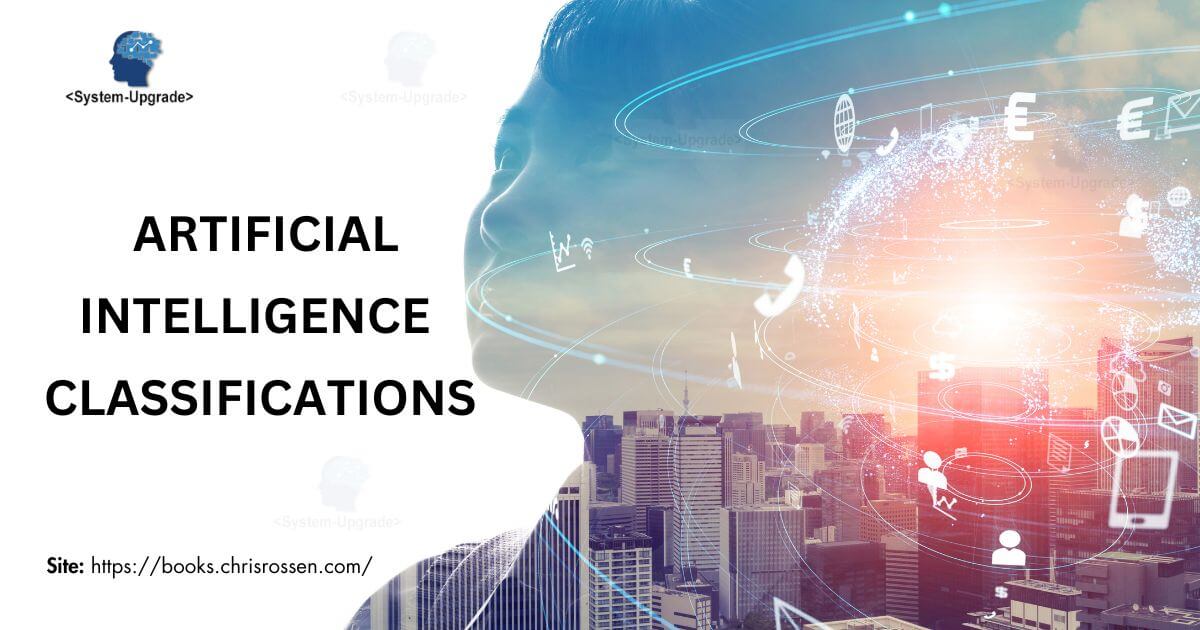
Artificial intelligence has come a long way since its inception. Witnessing a fast-changing technological environment, it has outgrown three levels of intelligence, which may be classified as:
Artificial Narrow AI:
The fundamental Ai technology is capable of performing a short range of tasks.
Artificial General AI:
It has the intelligence par to humans and can replicate human intelligence to machines with advanced machine learning algorithms.
Artificial Super intelligent AI:
The most advanced Artificial intelligence technology can surpass human intelligence. They can learn, identify and improve their own performance.
There are several reasons why Artificial Intelligence aids humans to perform better in every field of work:
Capabilities of Artificial Intelligence to Perform Complex Tasks
Artificial intelligence is increasingly becoming an undetachable part of our lives because of its ability to render complex tasks more seamless and easier. Such as collecting, storing, and processing massive data sets for business organizations that would be otherwise impossible if they had to do it all manually. Considering its unparalleled benefits and the undeniable role of AI in human decision-making, more business is moving towards adopting AI technologies. Almost every business function has been speeding up in its performance since integrating with advanced AI technologies.
The Possible Impact on the Job Market
Artificial intelligence outsmarts humans at many jobs, such as data analysis, identifying trends, forecasting, providing customer support service, diagnosing diseases, helping investment decisions, and much more. Therefore, more businesses are incorporating AI technology into their operations, which tends to cause high layoffs as machines would perform the task that humans were assigned. This reduces the need for humans in workstations until they learn and upskill their profile to efficiently supervise those working Bots.
There is no doubt that artificial intelligence would revamp the dynamics of the business world and may replace the human workforce, but it would render a million new roles by only human intelligence. The most important is the regulation of those robots. Artificial intelligence is a product of the highest human intelligence that can mimic ideal human characteristics in the best possible manner. Still, there is always a chance for malfunction and error. So, there is no way Humans can be 100% replaced in the job market. They, of course, may have their responsibilities changed.
How AI can improve efficiency and productivity
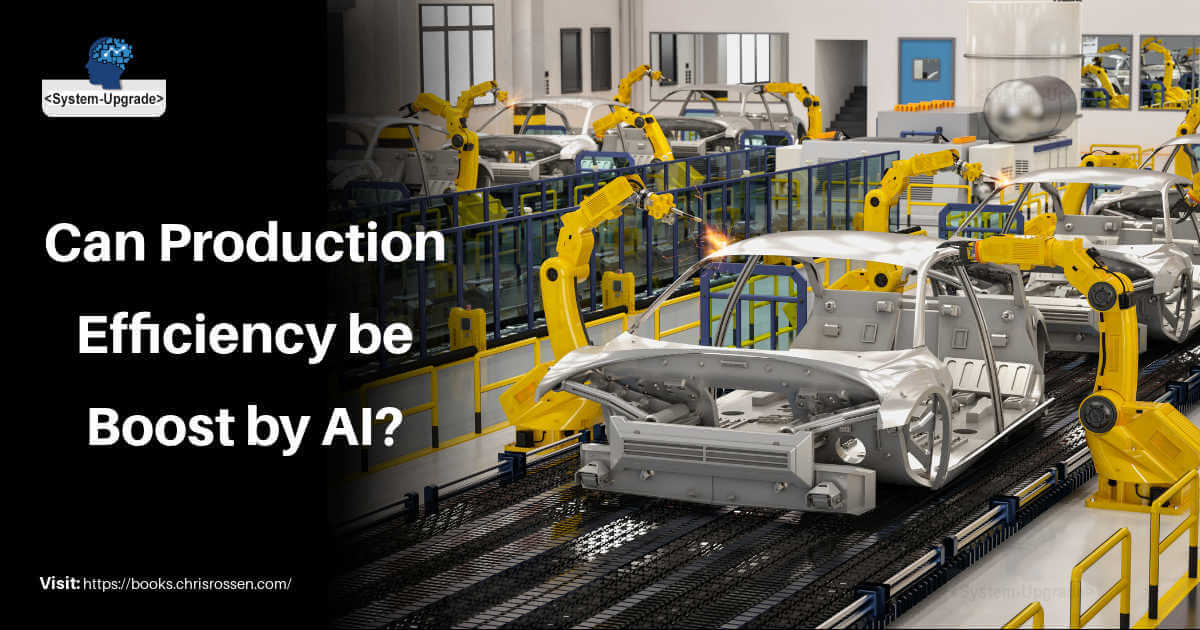
Every business set goals to achieve the highest productivity. Their revenues are derived from their ability to perform efficiently and effectively. In other words, using minimum resources and they produce maximum outputs. A goal that Artificial Intelligence embraces in the best manner. Therefore, you would observe its excessive use in various industries, including healthcare, finance, transportation, and manufacturing. Such as Amazon claims to have Robots in its warehouses to perform an assortment of goods. Many businesses use Virtual and augmented reality to perform various workflow analyses.
Ethical concerns surrounding AI Development
Can’t connect to emotional Level
Where super-intelligent Artificial intelligence surpasses human intelligence, it poses several ethical complications for humanistic society. Living with an AI Robot can get your chores done but can’t console you when you are hurt and can’t give your a sense of trust that another human being can. So, the world with robots seems hassle-free and convenient, but it leads to more loneliness and depression.
No accountability for errors and biases
There is no accountability for errors and biases in the AI decision-making process. It’s like a strident rule. AI may not consider the varying factors of varying degrees like that of the human mind and certainly lack the ability of intuition that humans have.
Risk of system crash and information hack
Besides, if we consider the use of AI for organizational purposes, there are more concerns regarding the safety and security of your confidential information shared with AI technologies. One system crash can ruin all of it, much worse if the wrong people hack it. So, you have to be careful of the negative consequences it can create for you if it goes out of control.
No transparency
The decision-making process and AI algorithms are not always vividly demonstrated to humans. We don’t always know on what bases they are making a certain decision. This makes it harder for us to ensure whether AI systems are making fair and ethical decisions, which can affect our trust level in these bots.
The ethical and security problems associated with artificial intelligence technology may be addressed by providing users with training and continuous updates to the system. After all, it is a result of highly conscious human intelligence, so it never surpasses humans but certainly astonishes us by every time it performs a task that earlier was only possible with humans.
Conclusion
Considering all its benefits and shortcoming, if you neglect the use of artificial intelligence, we would be foolish to push our productivity decades backward. It’s a natural instinct of humans to seek improvement in everything they do. Once a milestone is achieved, our success always lies in the next. Artificial intelligence is just collaborating with human intelligence to reach a greater vision.
Does this concept intrigue you?
 Then what’s stopping you from diving into the world of artificial intelligence with the recent release System Upgrade book by Chriss Rossen? Get your copies now!
Then what’s stopping you from diving into the world of artificial intelligence with the recent release System Upgrade book by Chriss Rossen? Get your copies now!
